Bam: Children now Protected during Disasters, Calamities
The measure that will provide utmost protection to Filipino children during disasters, calamities and armed conflicts is now a law, according to Sen. Bam Aquino.
In a simple ceremony in Malacanang Tuesday, President Aquino signed Republic Act 10821, or the “Children’s Emergency Relief and Protection Act.
“We welcome the enactment of this measure into law. This is timely especially with the La Nina phenomenon expected to hit the country in the coming months,” said Sen. Bam, chairman of the Committee on Youth and a co-author of the measure in the Senate.
The law provides utmost priority to children during and after every disaster as they are the most vulnerable and are worst affected during disasters such as earthquakes, volcanic eruptions and flash floods.
It will also establish child-centered training to disaster first responders, teachers, psychologists and other volunteers in disaster recovery, relief and rehabilitation, with special modules for different stages of children and youth development.
It mandates the Department of Social Welfare and Development (DSWD) to formulate a Comprehensive Emergency Program for Children and local government units to integrate the said program in their development and Local Disaster Risk Reduction and Management (LDRRM) plans and budget.
“While we have already made big improvements in the field of disaster risk reduction on a national and local level, now we have the opportunity to target our Filipino children, one of the most vulnerable sectors during times of calamity,” said Sen. Bam.
According to Sen. Bam, existing policies will also be reviewed to give better support to Filipino children, especially during disasters, calamities or in armed conflict to help lessen trauma, restore normalcy quickly and build their resilience better.
“We will continue to work in protecting our Filipino children during disasters, calamities, or armed conflict, but also to reduce trauma and build their resistance to these threats,” he added.
During the onslaught of Typhoon Yolanda, Aquino said an estimated six million children were affected, according to data from Save the Children.
“A national program is crucial in the most vulnerable areas of the country, where the experience of prolonged displacement would have a profound impact on the children’s sense of security, physical and emotional well-being,” Sen. Bam said.
This is Aquino’s 13th law in less than three years as senator.

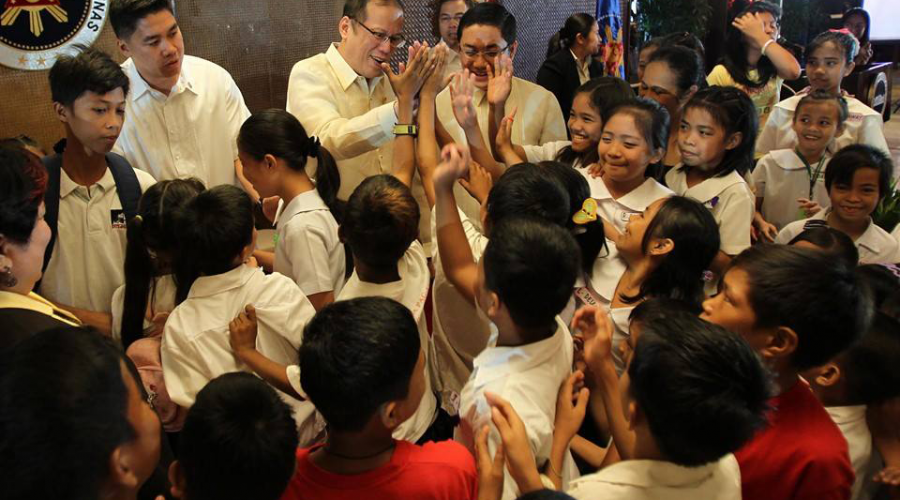
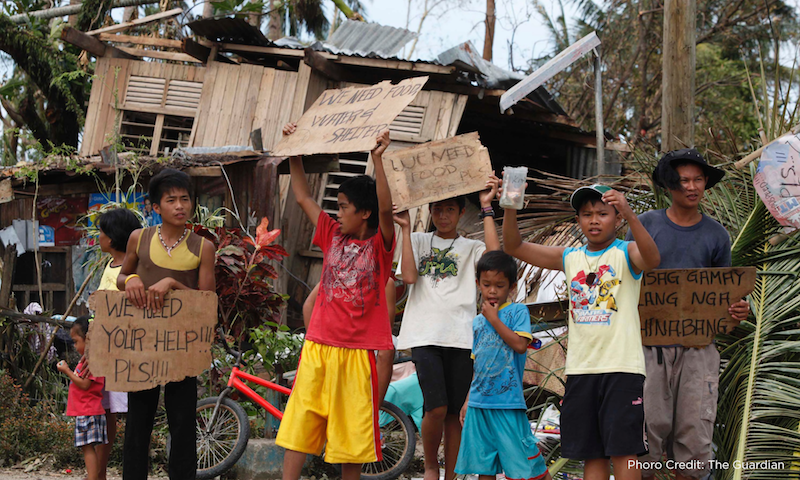
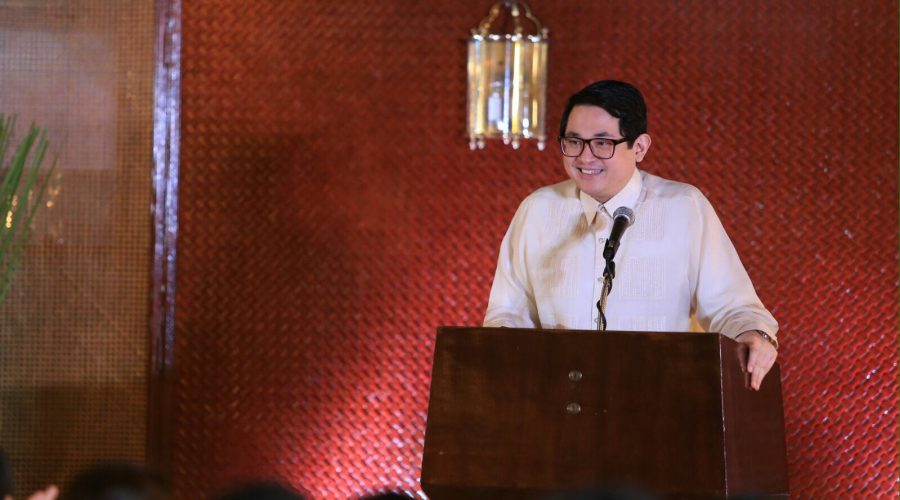
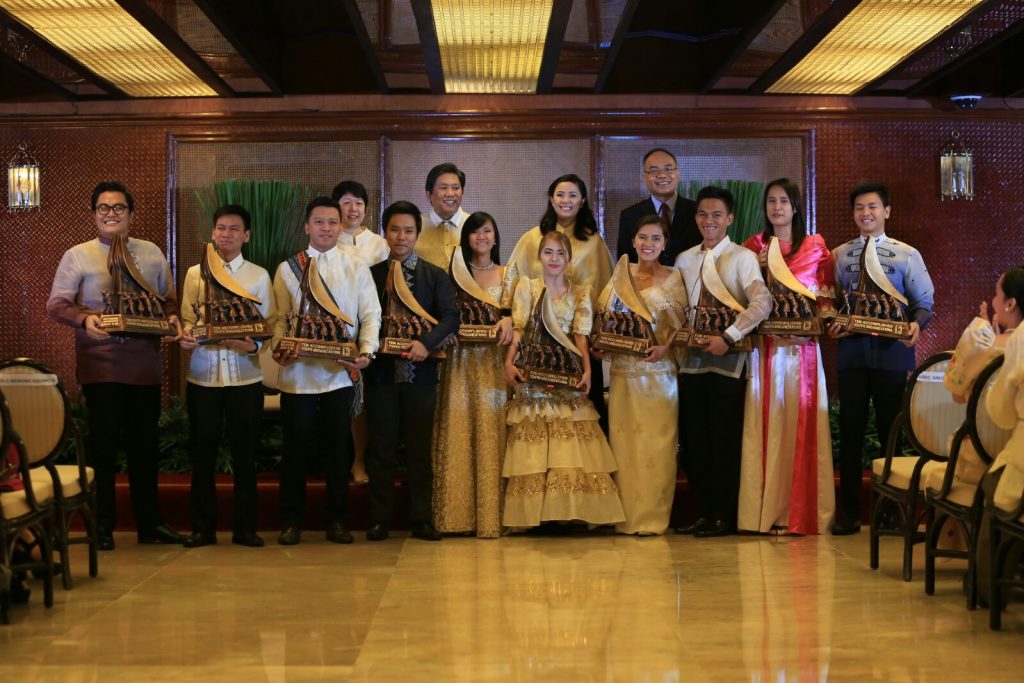
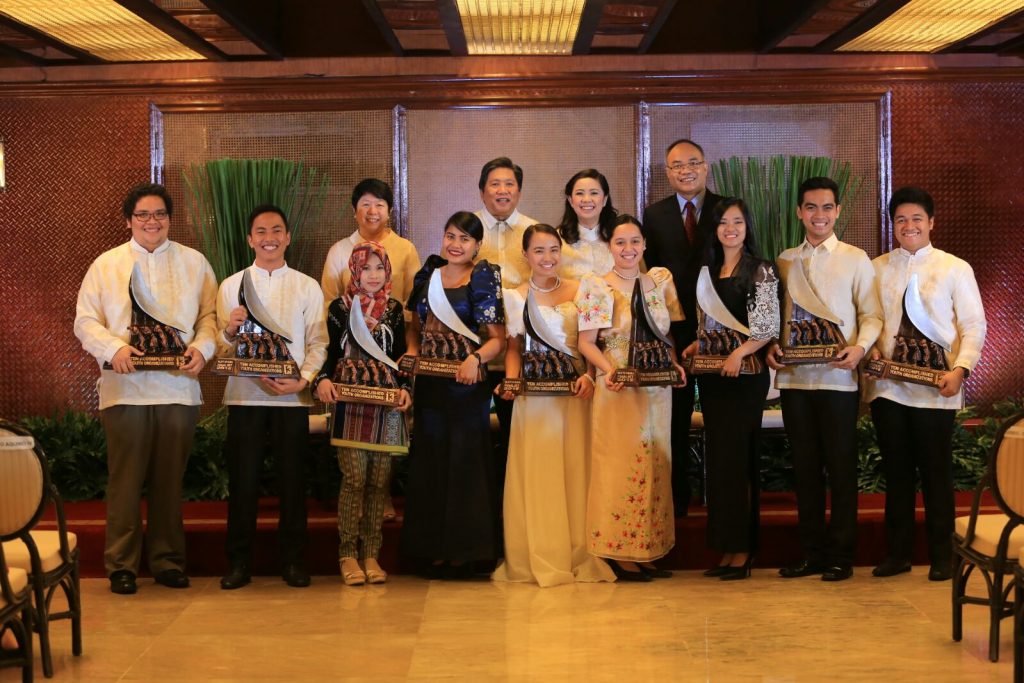
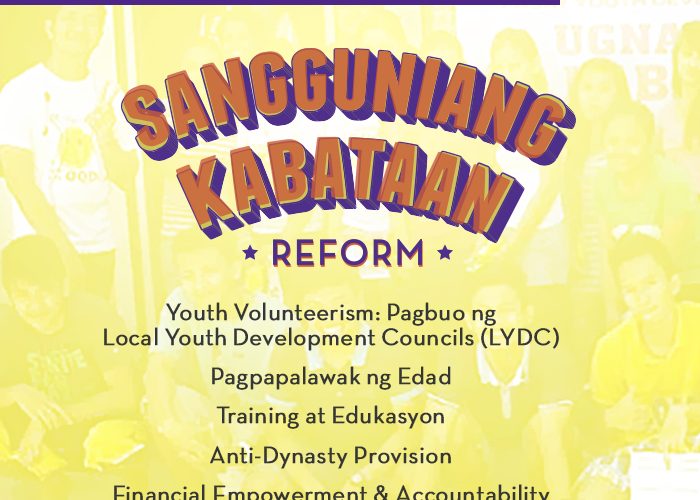
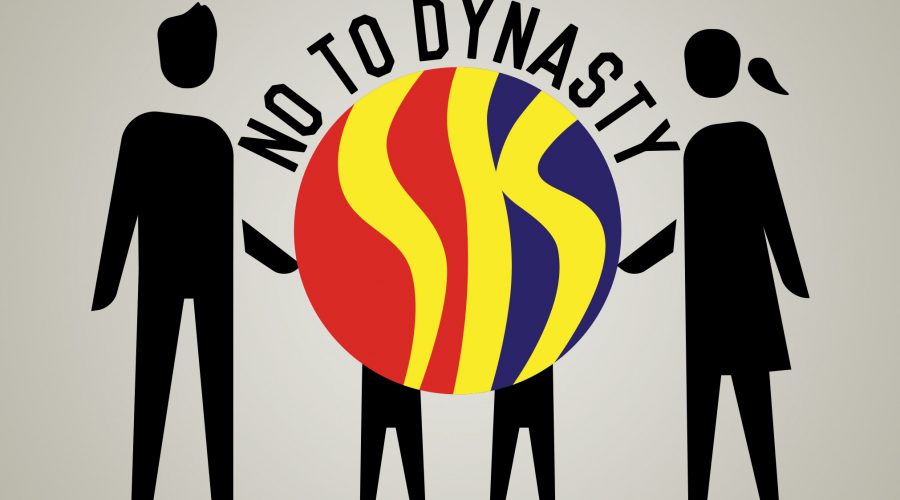
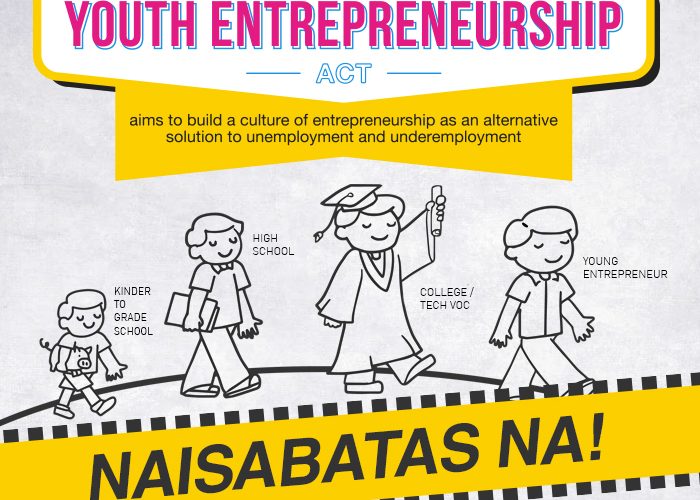
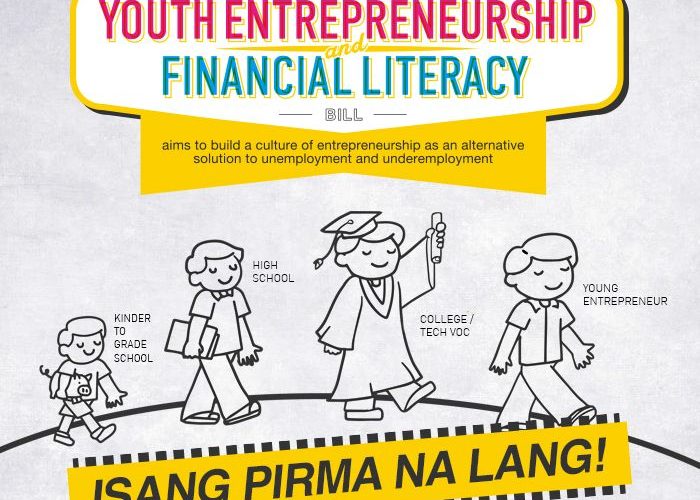

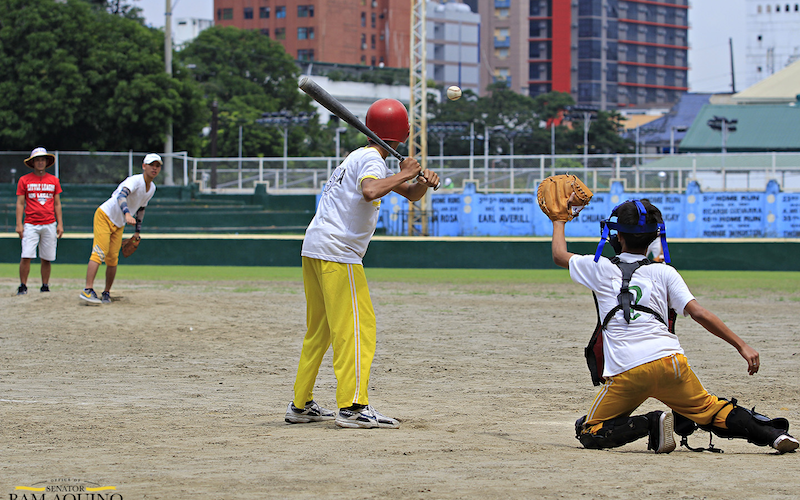
Recent Comments